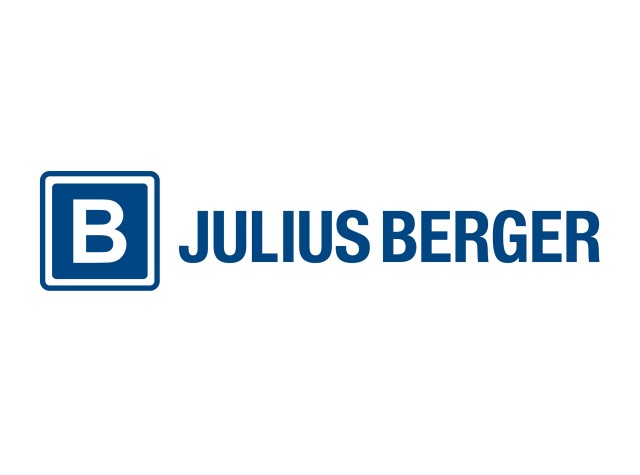Julius Berger plans to expand into oil, power industry in Nigeria

Julius Berger Nigeria Plc, the largest construction company in Nigeria by market value, plans to acquire oil assets and expand into the power industry as it seeks to diversify its business and stay competitive after the country’s worst economic slump in decades.
Bloomberg quoted the company’s managing director, Wolfgang Goetsch, as saying in an interview in Abuja.
The company, which derives two-thirds of its earnings from government contracts, is also considering bidding for business in other countries in the region, such as Ghana, Benin and Ivory Coast, where it has conducted market studies.
Goetsch said, “Within Nigeria, we aim to diversify our business beyond our core competence of civil engineering, looking into power and oil and gas, or to diversify outside the country, but only in our core business.
“We believe with strategic partners that we are more attractive to clients who want to have a whole industrial or power plant.”
Julius Berger, operating in the country since 1965, saw its earnings slide as Nigeria fell into its worst economic slump in a quarter century amid lower oil prices and a shortage of foreign exchange.
Julius Berger was “really hurt” as it struggled to raise funds from the parallel, or street markets, to meet its foreign exchange obligations and was forced to restructure and cut costs, Goetsch said.
“This was very difficult, it still is. It was a struggle to survive. It is now much better, if you look at the statistics. The gap between the central bank rate and the parallel market window is much smaller now and availability is much better,” he stated.
Julius Berger’s 2016 full-year profit of ₦3bn is more than 60 per cent lower than the annual net income it earned in the three years before the economy suffered contraction in 2015. The stock fell by five per cent to close at ₦41.52 in Thursday’s trading in Lagos. It has gained eight per cent this year compared with a 23 per cent surge of the Nigerian Stock Exchange Main-Board Index.
The company on June 19 said it had formed a partnership with Petralon Energy to work on oil fields in the Niger Delta. It is currently in talks with about eight power industry investors to build generating plants, Goetsch said without providing details because the negotiations are still confidential.
Negotiations for new projects are now mostly about agreements on the foreign currency component of the contracts, Goetsch said.
“Eighty per cent of the negotiation is just to find an agreement on the currency, which in the past was a minor issue and one of the last points. Now, it’s always the first point because this is a risk that really can kill a company,” he added.









0 Comments